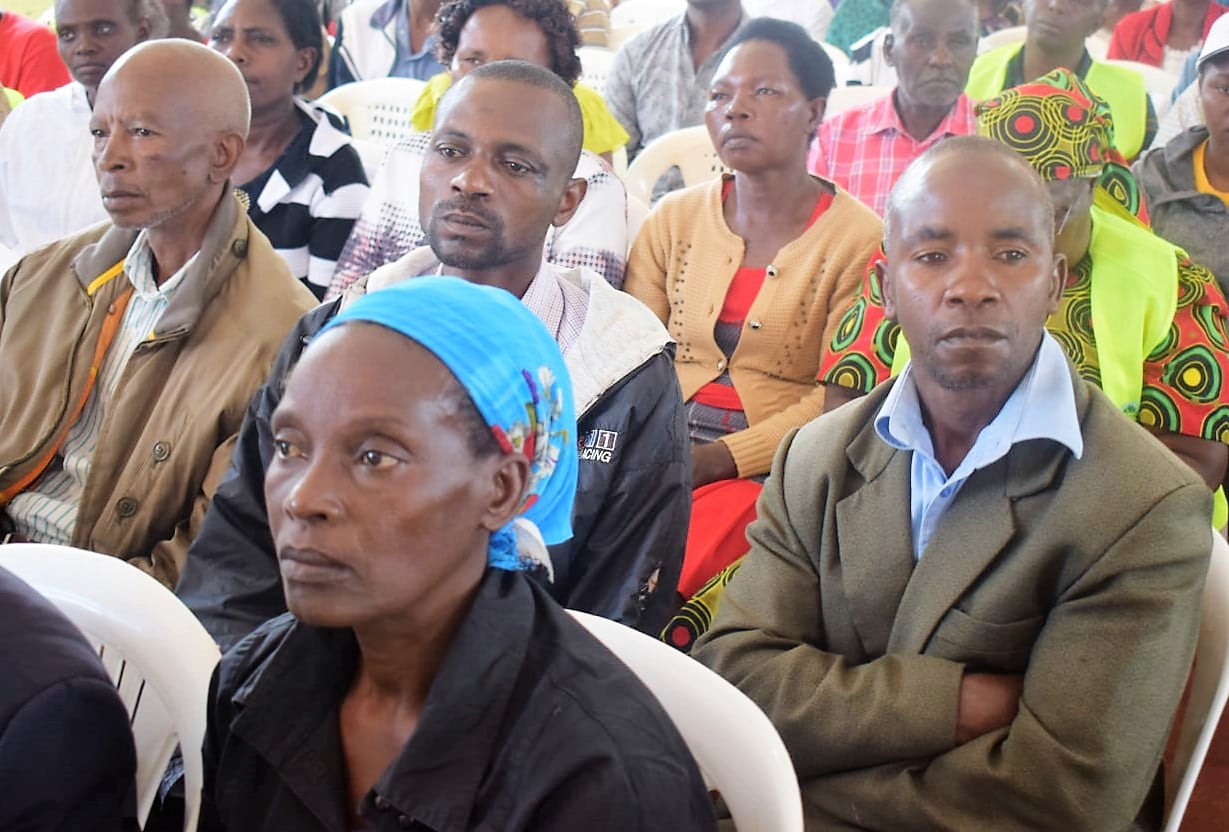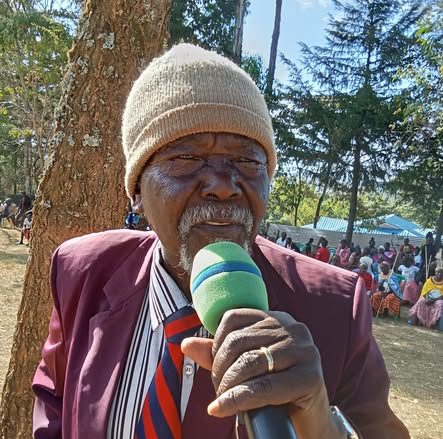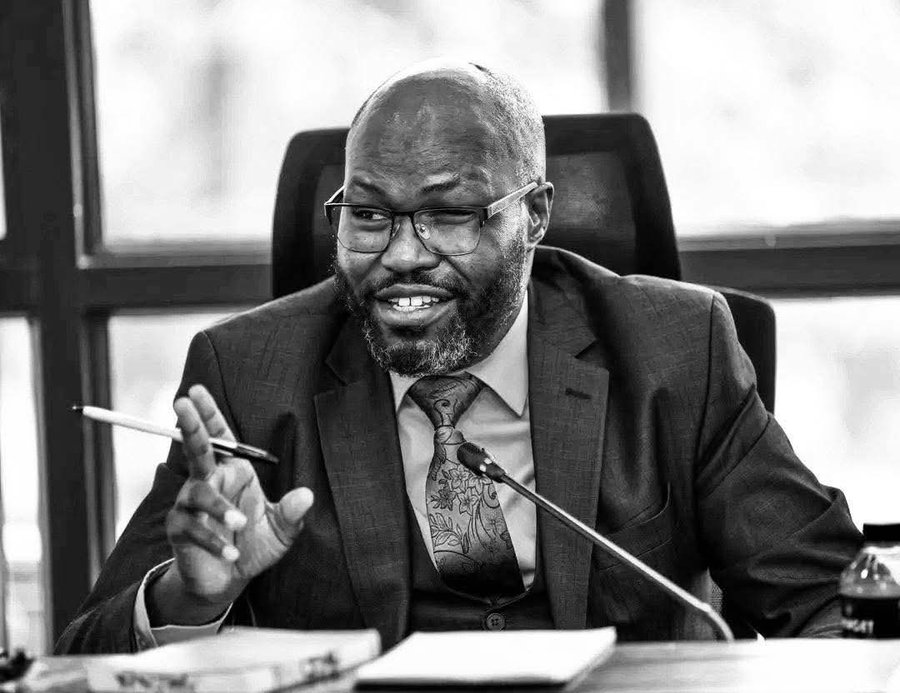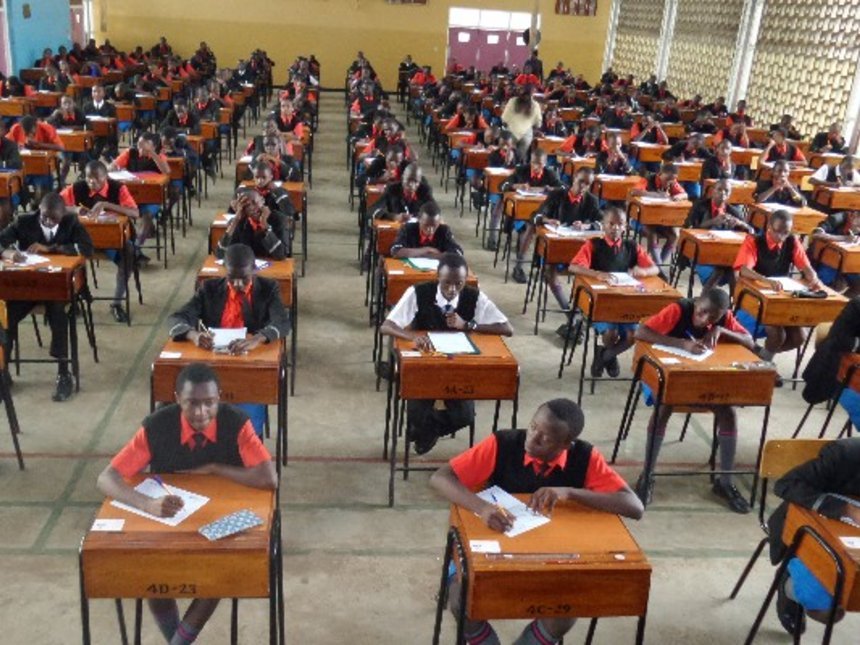Enrollment in adult education programmes in Embu County has remained low with prospective learners avoiding classes to pursue incomes to sustain their livelihoods.
This is despite widespread campaigns by the government to entrench the programs at various levels of education albeit with limited marketing and provision of requisite facilities in the schools.
Research findings termed the enrollment as below par and below government expectations, driving a researcher, Dr. Prisca Nduku, to challenge it to undertake elaborate marketing of the available opportunities, hire more teachers, establish more units and equip them to encourage higher enrollment.
Nduku, from the College of Education and External Studies at the University of Nairobi, revealed that most adult learners in Embu County decide to enroll for studies to improve their standards of life after knowing how to read and write.
Some believe that certain levels of literacy led to acceptance and recognition at the community and could even improve their career development, she noted.
Of concern however is that the enrollment level towards adult education has been low in the County two decades since the United Nations General Assembly launched the United Nations Literacy Decade in 2003 – meant to eradicate illiteracy through making education available to all by 2002.
The United Nations Educational, Scientific and Cultural Organization (UNESCO) indicates that literacy levels have been rising although equitable opportunities to acquire and use literacy are not available to certain groups, including indigenous populations, nomadic communities, marginalized young people, rural people, prisoners, migrants or people with disabilities.
Dr. Nduku noted that adult education enrollment sometimes depends on the push at community and family level and instances have emerged where uniquely elderly individuals have decided to pursue education to the surprise of their communities.
The research however noted that there has been a widespread belief among educational economists that educational development would lead to accelerated economic growth, more wealth and income distribution, and greater equality of opportunity.
Further it is believed that education could lead to availability of skilled human power, long life, better health outcomes, low crime rates, national unity and political stability, indicates Nduku.
The study revealed that majority of people in the county considered education as the route to economic prosperity.
Knowledge, the scholar noted, constituted the principal determinants of the future welfare of mankind where the wealth of nations depend on their capacity to develop their human resources and not so much on their physical resources.
The report revealed that 62 per cent of adult learners were involved in both business and farming to earn their living while 21 per cent did farming only against 17 per cent who earned their living through involvement in business.
It further found that 69 per cent of adult learners are able to read and write while 31 per cent could not.
On enrollment, 43 per cent of the division officers said the rate of enrollment in adult education is very low while 43 per cent of the teachers also rated it as low.
The study found out that living standards influence participation in such programmes with the highest number of those pursuing adult education seeking to improve their standards of living after acquisition of education.
On average, there were people who felt attendance of adult education and acquisition of knowledge elevated their recognition and acceptance in the society with perhaps the greatest part of the population agreeing that knowing how to read and write remained one of the greatest reasons pushing adults to books.
“More than 85 per cent of the respondents agreed that curiosity to know how to read and write influence participation in adult education with a mere 15% disagreeing,” Nduku said.
Based on the findings, the government has a challenge to employ more adult education teachers for more centers to be opened to improve access to the programme with the facilities also requiring improvement, the scholar said.
“Regular capacity enhancement courses for teachers should be conducted as continuous improvement in the quality of education carries on,” suggested the researcher.
She suggested that teaching and learning real life skills and competencies needed to be improved and supply improved through concerted efforts of the government and stakeholders.
Ongoing adult education programmes, the researcher noted needed to be strengthened in relevance, quality and support materials to enable people get certificates with grades and the competencies necessary to develop their careers.
The directorate of adult education in collaboration with other stakeholders, Dr. Nduku averred, should ensure that only qualified personnel are recruited, with the department of adult education, the civil society organizations, communities, private sector and development partners improving awareness.
The people need to be mobilized to utilize available adult education facilities because there were people completely unaware of the availability of classes yet they did not know how to read and write.
The curriculum of the programme, the scholar said needed restructuring to include lessons towards empowering of learners to gain entrepreneurship skills.
“The life skills taught need to be market oriented to make the adult education graduates recognized and entrusted with responsibilities and also to secure jobs at community.” She concluded.
By Robert Nyagah
Get more stories from our website: Education News
You can also follow our social media pages on Twitter: Education News KE and Facebook: Education News Newspaper for timely updates.






